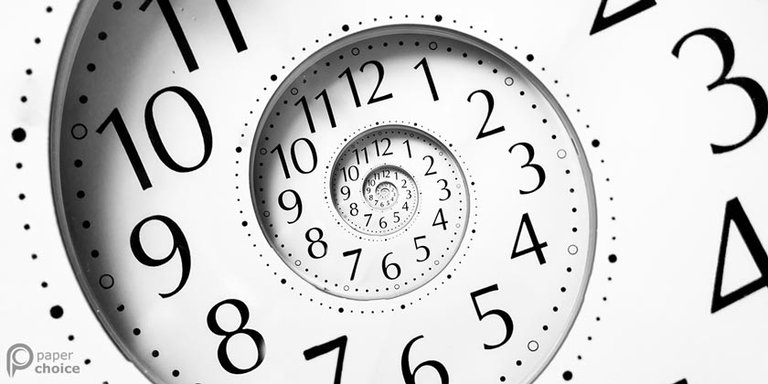LeoGlossary: Time

Time is a fundamental concept that represents the continued sequence of existence and events from the past, through the present, and into the future. It is a crucial component in various measurements used to sequence events, compare durations, and quantify rates of change. Time is often considered as a fourth dimension alongside three spatial dimensions, and it plays a significant role in physics, philosophy, religion, and science. While defining time precisely has been challenging, it is operationally defined as "what a clock reads," making it a crucial aspect of both advanced experiments and everyday life.
Here are some definitions of time:
- According to the Merriam-Webster dictionary, time is defined as "the measured or measurable period during which an action, process, or condition exists or continues."
- In physics, time is defined as a coordinate that is used to specify the position of an event or object in spacetime. It is one of the four dimensions, along with the three spatial dimensions.
- In philosophy, time is often discussed in terms of its ontological status, with some philosophers arguing that time is an objective feature of the universe, while others argue that it is a subjective construct.
- In psychology, time is often discussed in terms of its perception, with some researchers arguing that time perception is influenced by a variety of factors, including attention, arousal, and memory.
- In religion and spirituality, time is often discussed in terms of its cyclical or linear nature, with some traditions viewing time as a repeating cycle of events, while others view it as a linear progression from past to future.
Overall, time is a complex and multifaceted concept that is integral to our understanding of the world and our place in it. While there are many different definitions and interpretations of time, it remains a fundamental aspect of our experience and a crucial tool for organizing and understanding the world around us.
Theories of Time
There are several theories of time that attempt to explain its nature and how it relates to the universe and our experience of it. Here are some of the most prominent theories:
- Absolute Theory of Time: Also known as the Newtonian view of time, this theory posits that time is an absolute, flowing entity that exists independently of any physical events or objects. According to this theory, time flows at a constant rate and is unaffected by external factors.
- Relational Theory of Time: This theory argues that time is not an absolute entity, but rather a concept that arises from the relationships between physical events and objects. According to this theory, time is a measure of the changing relationships between objects and events, and it has no independent existence.
- Presentism: This theory of time holds that only the present moment is real, and that the past and future do not exist. According to this theory, time is constantly moving forward, and the present is always changing.
- Eternalism: This theory of time holds that all moments, past, present, and future, are equally real and exist simultaneously. According to this theory, time is a dimension, much like space, and all events are fixed and unchanging.
- The Block Universe Theory: This theory, also known as the four-dimensional spacetime theory, argues that time is a fourth dimension that exists simultaneously with the three spatial dimensions. According to this theory, the universe is a four-dimensional block that includes all events, past, present, and future, and there is no objective flow of time.
- The Growing Block Universe Theory: This theory is similar to the block universe theory, but it argues that time is not a fixed four-dimensional block, but rather a growing block that expands as new events are added to it. According to this theory, the past and present are real, but the future does not yet exist.
- The Moving Spotlight Theory: This theory argues that time is a subjective experience that is created by the mind. According to this theory, the present moment is always in focus, while the past and future are fuzzy and indistinct. The present moment is like a spotlight that moves across the four-dimensional block of spacetime, illuminating different events as it goes.
These are just a few of the many theories of time that have been proposed over the years. While each theory has its strengths and weaknesses, none has been able to fully explain the nature of time or its relationship to the universe and our experience of it.
General:
Posted Using InLeo Alpha